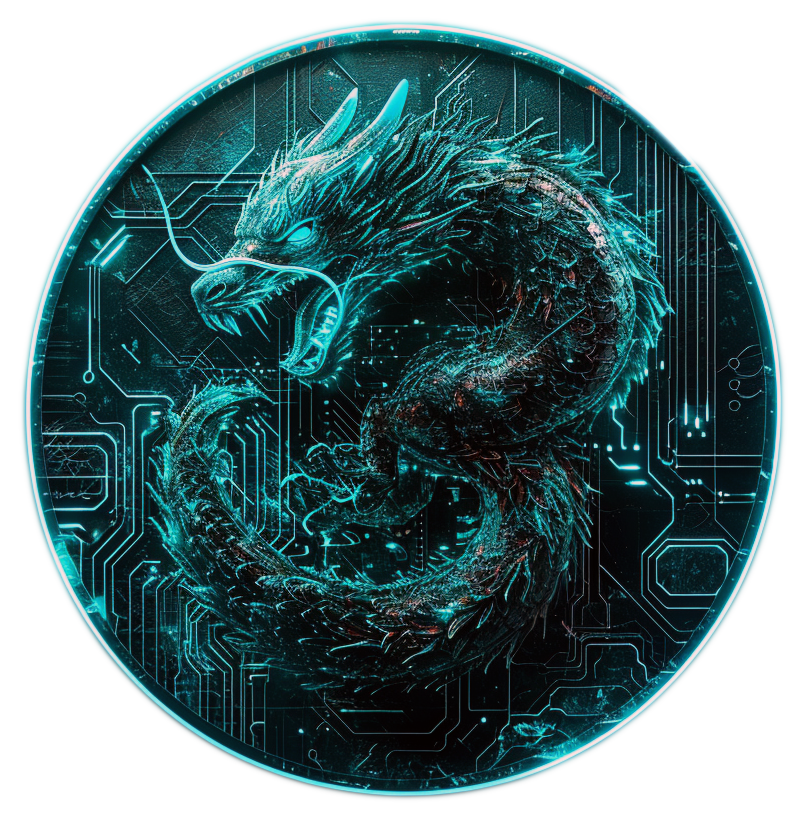Copyright is a legal concept that grants the creator of an original work exclusive rights to its use and distribution. These rights typically include:
- Reproduction Rights: The right to make copies of the work.
- Distribution Rights: The right to sell, lease, or distribute copies of the work.
- Adaptation Rights: The right to modify the work to create new, derivative works (e.g., a book into a movie).
- Public Performance Rights: The right to perform the work publicly (e.g., music, plays).
- Public Display Rights: The right to display the work publicly (e.g., art).
Copyright protection is usually granted automatically when a work is created and fixed in a tangible form (like writing or recording). The creator does not have to register the work to have copyright protection, but registration can provide additional legal benefits, especially in enforcing copyright.
The duration of copyright protection varies by country, but it generally lasts for the life of the creator plus 50 to 100 years, after which the work enters the public domain, meaning it can be freely used by anyone.
Key Points:
- Exclusive Rights: Copyright gives creators control over how their work is used.
- Original Works: It applies to original works like literature, music, art, software, etc.
- Automatic Protection: Copyright protection is automatic upon creation.
- Duration: Varies, often life of the author plus several decades.
Violating copyright, such as using or distributing a copyrighted work without permission, can result in legal consequences.

